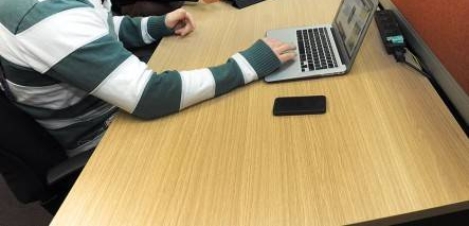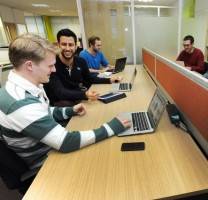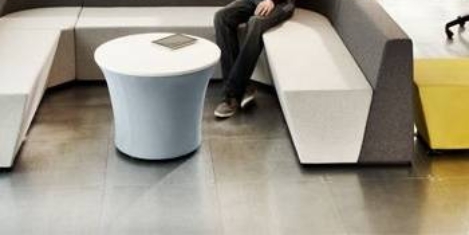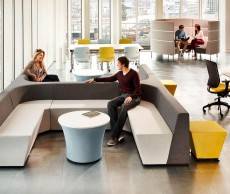June 13, 2015
The latest issue of Insight Weekly is available to view online
 In this week’s issue; Dr Kerstin Sailer, Ros Pomeroy and Rosie Haslem describe the ten demonstrable facts about the workplace you may not know; Mark Eltringham says the most pervasive and enduring myth about the office is that it is somehow dying off and discovers that people have been writing guides to good ergonomics since the early seventeenth Century. Also this week; a parliamentary inquiry into the effects of design on behaviour is launched by the Design Commission, a survey for World FM Day reveals the key role played by FM in wellbeing and productivity, the US Government’s plans to reform the way federal office space is managed, and too few employers advertise jobs with flexible working opportunities. Subscribe for free quarterly issues of Work&Place and for weekly news via the subscription form in the right hand sidebar, follow us on Twitter and join our LinkedIn Group to discuss these and other stories.
In this week’s issue; Dr Kerstin Sailer, Ros Pomeroy and Rosie Haslem describe the ten demonstrable facts about the workplace you may not know; Mark Eltringham says the most pervasive and enduring myth about the office is that it is somehow dying off and discovers that people have been writing guides to good ergonomics since the early seventeenth Century. Also this week; a parliamentary inquiry into the effects of design on behaviour is launched by the Design Commission, a survey for World FM Day reveals the key role played by FM in wellbeing and productivity, the US Government’s plans to reform the way federal office space is managed, and too few employers advertise jobs with flexible working opportunities. Subscribe for free quarterly issues of Work&Place and for weekly news via the subscription form in the right hand sidebar, follow us on Twitter and join our LinkedIn Group to discuss these and other stories.




























May 29, 2015
Everything you wanted to know about open plan but were too distracted to ask
by Maciej Markowski • Comment, Facilities management, Work&Place, Workplace design
More →